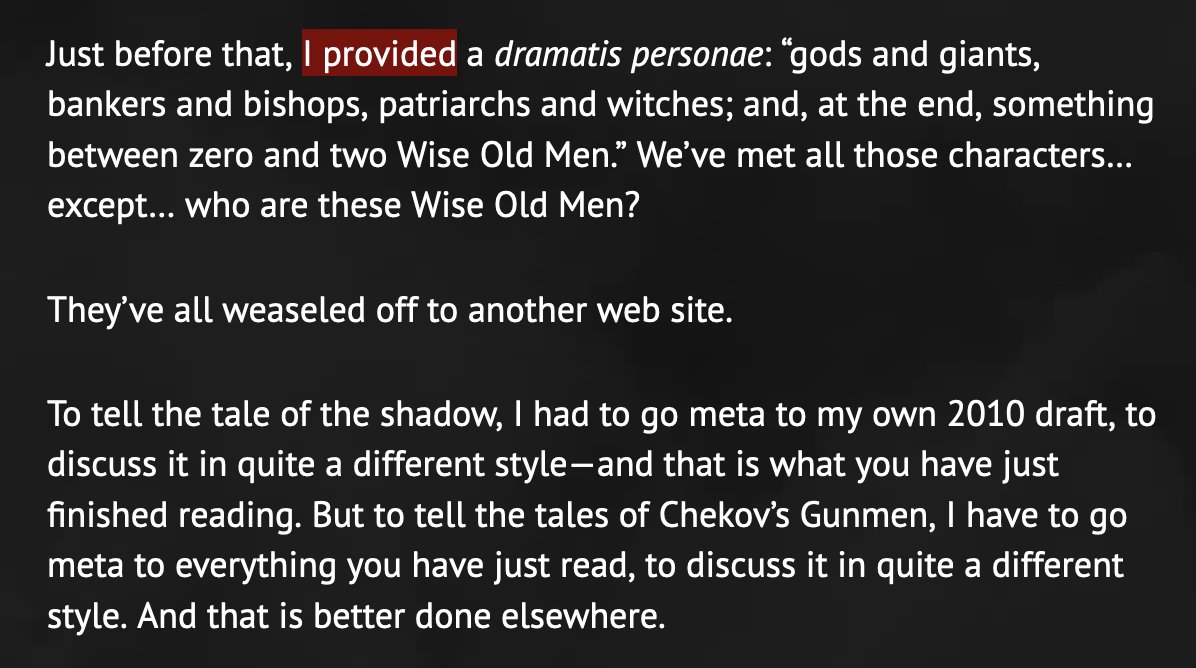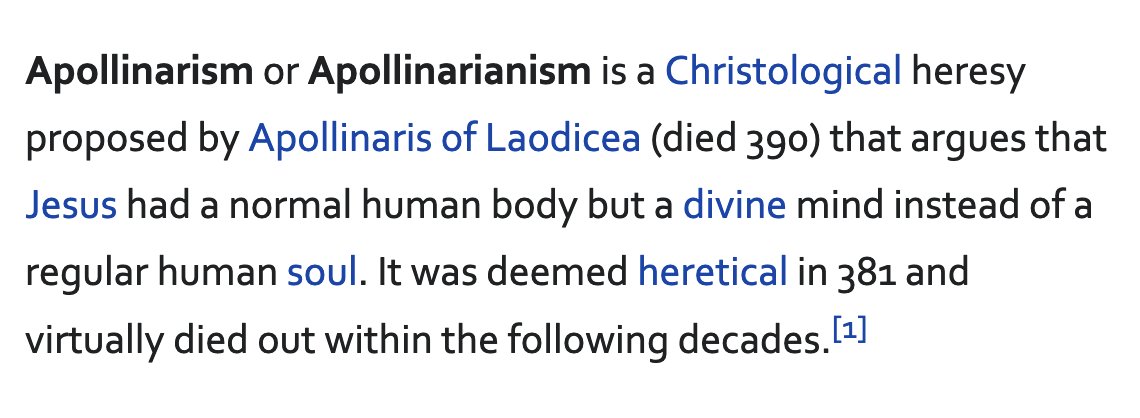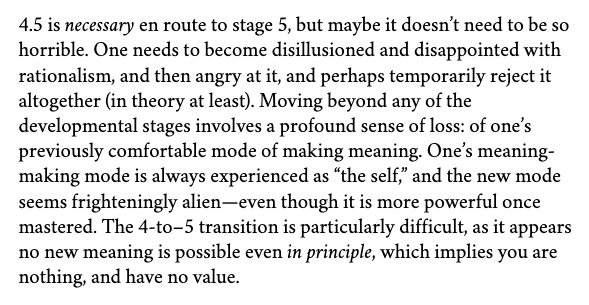
For the first time, listened to JBP lecturing on his Maps of Meaning work from before he became famous. I was impressed. And, I now see why people compare our stuff. Considerable overlap in approach as well as content.
Am I redundant, then? I don't know what he covers beyond the first lecture, but let's suppose as a thought experiment that everything I will say he already has. Is it worth going on and saying it anyway? People who know both have said yes... meaningness.com
Slightly different presentation styles may be understandable for different readers/listeners/students, so that variation is worthwhile. But I think our styles are pretty similar too! That's probably not what might make the alternative valuable.
JBP reminds me of my best, most charismatic undergraduate professors. He says: "I am going to discuss something important, and I am going to tell you how it is," and he's totally confident that he has the authority to do that.
That can be dangerous in a crazy cult leader...
That can be dangerous in a crazy cult leader...
Such passionate authority is exactly what students in their late teens/early 20s need. (So long as the teacher's understanding is indeed accurate; and I found nothing to disagree with in JBP's first two lectures.)
That's not my audience, and it's not what I do, or want to do...
That's not my audience, and it's not what I do, or want to do...
You could teach the same material at the graduate level by stepping back from advocacy and going into vastly greater depth and detail. Not just basics of various psychological/philosophical fields, but all the history & minor figures & fussy technical disputes. That's great but
It's as far as most academics go. But if you are lucky, you wake up one day and realize you are still an idiot. All that theory is fascinating and important but if you learn any more it's just going to be the same, and you still don't have a clue what's going on.
And you look around and realize no one else has a clue either. It's a shock.
Then you can say: oh. We are all idiots; but somehow the world more or less works anyway. How does that happen?
Then you can say: oh. We are all idiots; but somehow the world more or less works anyway. How does that happen?
This shock usually comes around age 28, or maybe 31, if it happens at all.
That's the age at which the stuff I write suddenly starts making sense for some readers.
I didn't set out to address that age group, but somehow it's how it goes.
That's the age at which the stuff I write suddenly starts making sense for some readers.
I didn't set out to address that age group, but somehow it's how it goes.
I've read all the same stuff JBP has; our influences are very similar; I footnote it although only lackadaisically. Because I am *not* teaching a graduate seminar.
And I'm not teaching an undergraduate course where there's a big inspiring theory; I haven't got one.
And I'm not teaching an undergraduate course where there's a big inspiring theory; I haven't got one.
I say: here are some patterns I've noticed in everyday life that may point vaguely toward an understanding that is not theoretical, but that presupposes recognition of the ways that the sorts of theories JBP talks about do and don't work.
In other news, I can report that there is a great deal of Nevada, and most of it is made out of geology. 

• • •
Missing some Tweet in this thread? You can try to
force a refresh









